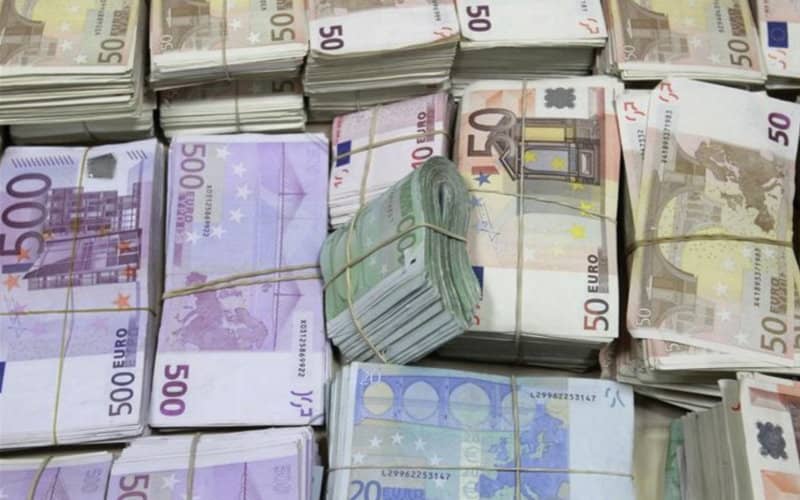Morocco Loses $16.6 Billion to Illicit Financial Outflows, UN Report Reveals

Illicit financial outflows from Morocco reached nearly $16.6 billion, or 155 billion Moroccan dirhams, between 2013-2014. This is according to a statement from a UN report published this week on the African continent.
The report of the United Nations Conference on Trade and Development (UNCTAD) revealed that the African continent loses about $88.6 billion per year due to the illegal smuggling of funds and assets. This represents 3.7% of the gross domestic product.
The problem of capital flight is not new in Africa. Several countries indeed have chronic gaps between savings and investment. In addition, Africa constitutes a significant source of volumes in terms of unrecorded capital outflows or capital flight, including all forms of illicit financial flows out of the continent.
Cross-border movements of funds and assets, the source, transfer or their illegal use through illegal tax and trade practices constitute the financial flows, according to the report. These illicit financial flows are moreover robbing Africa and its population of their potential, and undermining the trust in African institutions, said Mukhisa Kituyi, Secretary-General of UNCTAD.
Between 2000 and 2015, the total illicit financial flows lost by Africa had increased and reached $836 billion. This exceeds the continent’s external debt, which stood at $770 billion in 2018. This phenomenon is indeed draining capital and income from the African continent, says UNCTAD. At the same time, the fight against these practices could be beneficial for the continent by 2030.
For the record, the fight against illicit financial flows requires international action. International tax cooperation and anti-corruption measures remain the most important solutions to combat this scourge, and especially by strengthening the capacities of the tax and customs authorities of developing countries, according to a UN study, says Hespress.
Related Articles
-

Morocco’s Economic Boom: From Infrastructure Giant to Global Industrial Hub
5 September 2025
-

Oualidia: Morocco’s Hidden Coastal Gem Rivals Marrakech for Luxury and Tranquility
5 September 2025
-

Morocco’s Real Estate Slump: Transactions Plummet 21% as Major Cities Face Diverging Fortunes
5 September 2025
-

Moroccan Dirham Slips as Foreign Reserves Surge: Economic Shifts Shake Markets
5 September 2025
-

Moroccan Authorities Probe Suspicious Financial Transfers to African Countries
5 September 2025